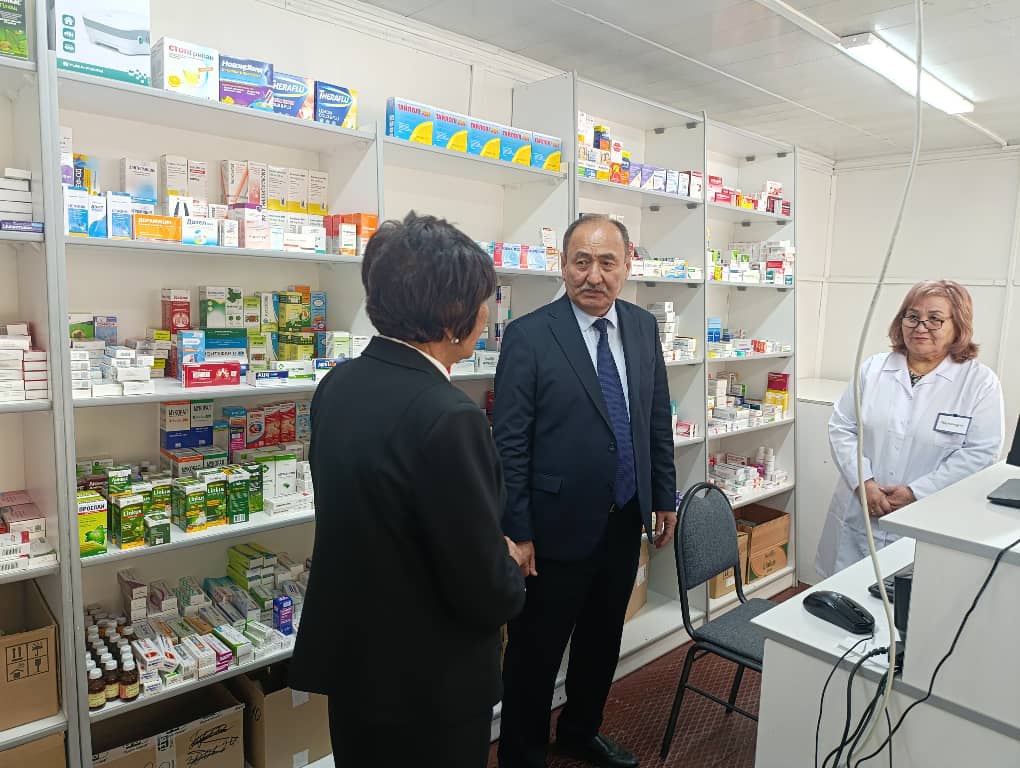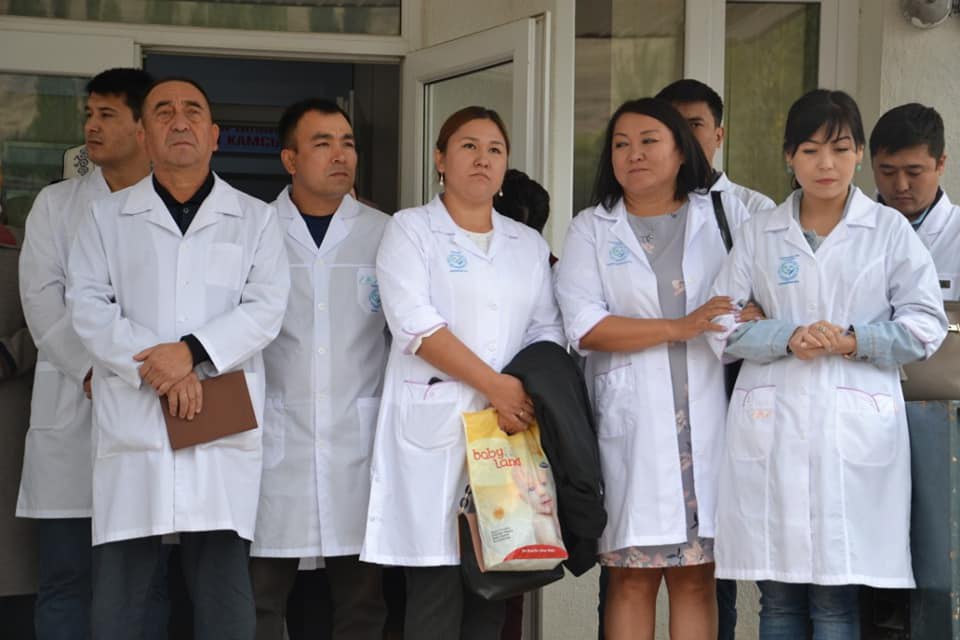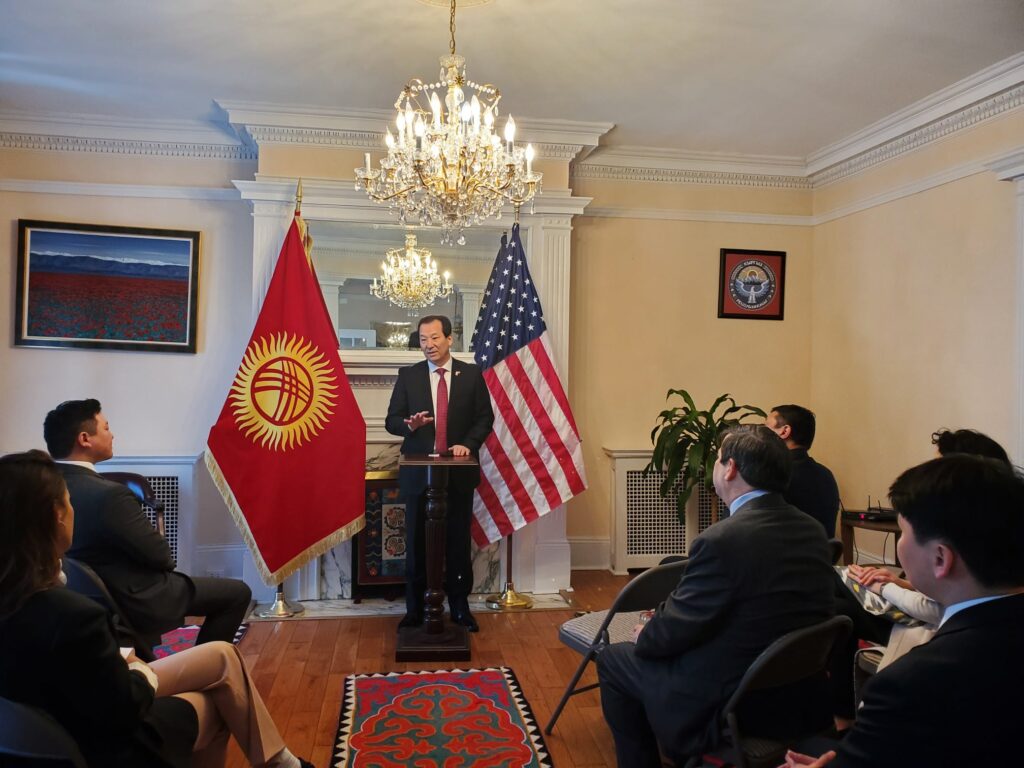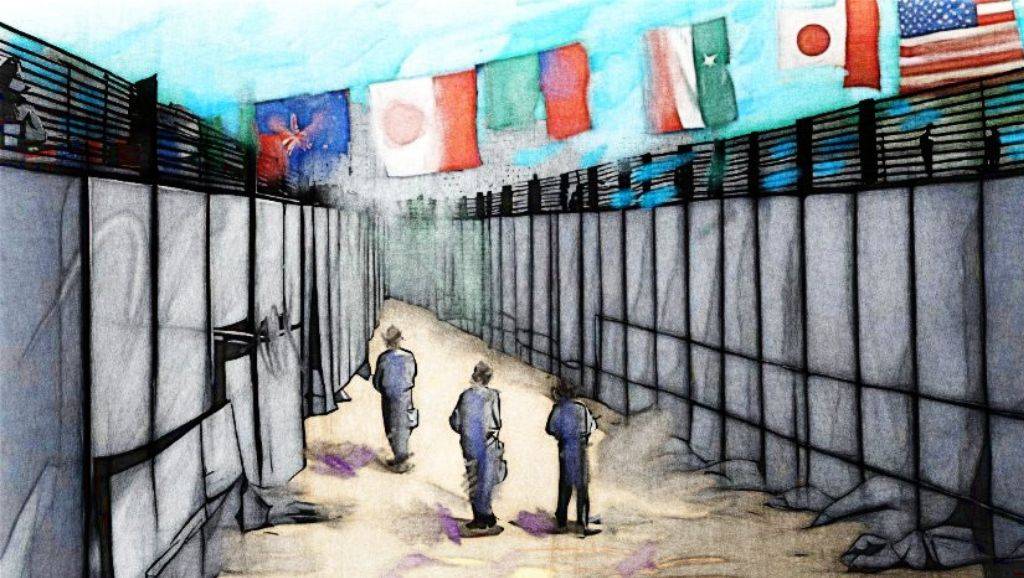Kyrgyzstan Continues to Combat Drug Shortages
Health Minister of the Kyrgyz Republic, Alymkadyr Beishenaliyev has told local media that hospitals are 70-80% stocked with medicines, with hospitals in the Issyk-Kul region suffering the worst from short supplies. "There is a list of vital medicines, which we provide 100%. But doctors prescribe drugs which I, a medic, have never heard of; these are scarce drugs. Doctors used to get bonuses from private pharmacies [for prescribing them] - we are fighting this and it is impossible to change it in a short time," Beishenaliyev said. Kyrgyzstan's medical trade union reported that the country's hospitals lacked basic medicines and basic drugs. As of today, 290 medical organizations have applied for the necessary drugs, but are yet to receive them. Earlier this week, the Times of Central Asia reported about the difficult situation concerning the availability of drugs. Minister Beishenaliyev emphasized that the government is working to ensure hospitals have all the necessary drugs for the second quarter of 2024, promising that the problem would be resolved by 15 April. However, the head of Kyrgyzstan's medical trade union, Bermet Baryktabasova, criticized the statement made by the minister, saying that antibiotics, hormones, diuretics, anti-epileptic, psychotropic, cardiac and anti-asthma drugs are needed every day. It's medically advisable to have a three-month supply on hand, she said, adding that intensive care units need these drugs every minute, not next quarter. This year, to ensure timely and quality medical care, the Compulsory Medical Insurance Fund (CMIF) allocated 443.7 million sum ($5 million) for the purchase of medicines and medical devices.






